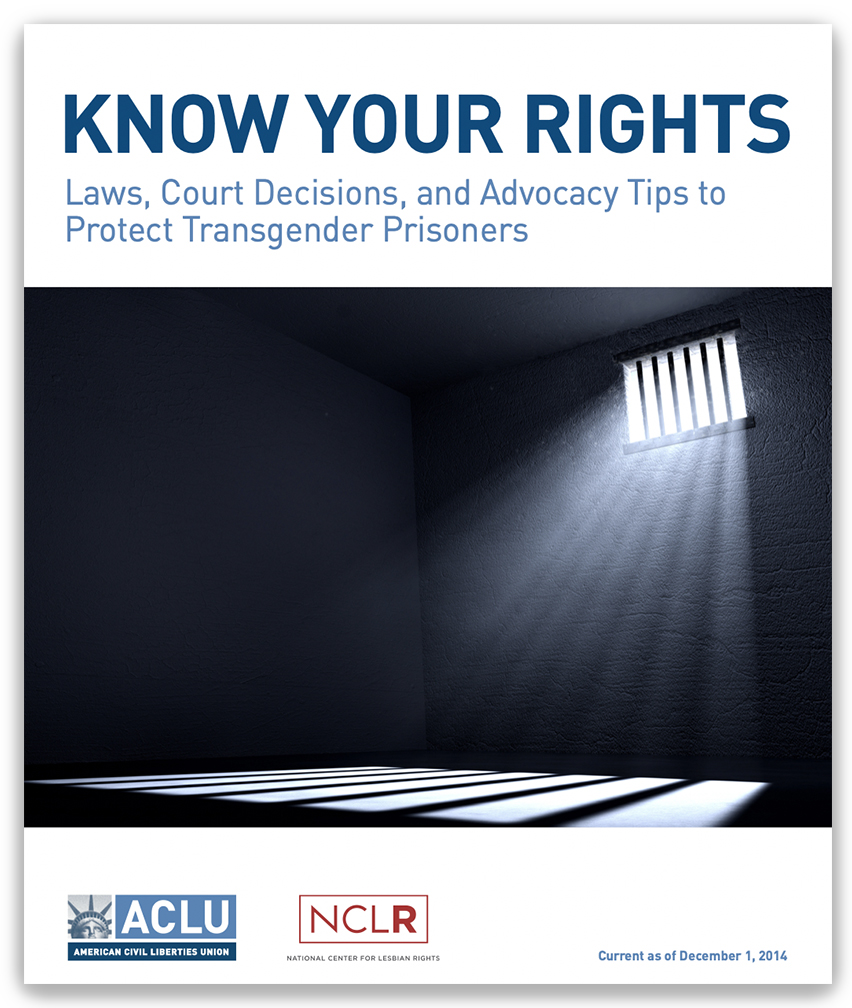We post news and comment on federal criminal justice issues, focused primarily on trial and post-conviction matters, legislative initiatives, and sentencing issues.

YO MOMMA
Ruel Hamilton, a Dallas real estate developer, liked politicians. He liked them so much that he gave money to members of the Dallas City Council just because he could.
 In 2017, Ruel wanted to get a paid-sick-leave ordinance on the ballot in the upcoming election. He thought the policy made good sense: in fact, he already had a more generous policy in place for his own employees. Plus, he thought having the ordinance on the ballot would increase voter turnout, another good thing (and one which would help secure the reelection of City Council members Ruel liked).
In 2017, Ruel wanted to get a paid-sick-leave ordinance on the ballot in the upcoming election. He thought the policy made good sense: in fact, he already had a more generous policy in place for his own employees. Plus, he thought having the ordinance on the ballot would increase voter turnout, another good thing (and one which would help secure the reelection of City Council members Ruel liked).
Ruel called City Councilman Dwaine Caraway to discuss getting the measure on the ballot. His call came at a bad time: Dwaine was in the middle of negotiating a plea deal with the US Attorney over some other bribery allegations when the call came in. The government – always happy to ensnare another defendant when possible – encouraged Dwaine to meet with Ruel (and to let the FBI secretly record the confab).
At the meeting, Dwaine and Ruel talked about how Dwaine’s mother needed a $6,200 healthcare bill paid that very day and how busy, tired and broke Dwaine was. They then discussed the paid-sick-leave initiative, how that vote might come out if it was put on the agenda by the Mayor, and how Ruel hoped Dwaine would run for reelection.
 Ruel kept reminding Dwaine that he was there to help in any way he could. Dwaine finally said, “You can answer that bill that I just threw out there… for about [$6,200] today and that will help me… do what I need to do.” Ruel happily obliged: “Can I just write a check to Dwaine Caraway?” he asked. Dwaine clarified that the money was not a loan and was not related to his campaign. He said he had to “go pay for my mama.”
Ruel kept reminding Dwaine that he was there to help in any way he could. Dwaine finally said, “You can answer that bill that I just threw out there… for about [$6,200] today and that will help me… do what I need to do.” Ruel happily obliged: “Can I just write a check to Dwaine Caraway?” he asked. Dwaine clarified that the money was not a loan and was not related to his campaign. He said he had to “go pay for my mama.”
Ruel gave him a check for $7,000 but neither asked for nor was promised that Dwaine would do anything in return. It was indeed “money for nuthin’.” Nevertheless, Ruel soon found himself on the wrong end of an indictment for bribery in violation of 18 USC § 666.
In giving the jury instructions for the federal-programs-bribery counts, the district court told the jury that neither a quid-pro-quo exchange nor any “official act” by the council members was required to convict Ruel for bribery. Essentially, the district court said, whether Ruel bribed Dwaine or just paid an illegal gratuity to him didn’t matter. Both violated 18 USC § 666, the district judge said.
 But Ruel wasn’t just some down-on-his-luck dopehead represented by an underpaid court-appointed attorney. Rather, he hired Paul Clement (a former US Solicitor General), high-powered defense attorney Abbe David Lowell, and the combined power of three top-tier Washington law firms. Not only was Ruel’s legal team successful in keeping him out of prison pending appeal (no mean feat), but it buried the US Attorney in an avalanche of appellate issues.
But Ruel wasn’t just some down-on-his-luck dopehead represented by an underpaid court-appointed attorney. Rather, he hired Paul Clement (a former US Solicitor General), high-powered defense attorney Abbe David Lowell, and the combined power of three top-tier Washington law firms. Not only was Ruel’s legal team successful in keeping him out of prison pending appeal (no mean feat), but it buried the US Attorney in an avalanche of appellate issues.
Ruel’s legal fees probably would have choked a horse, but like my dad always said, ‘no one ever regrets buying the best there is.’ Ruel’s team clobbered the two AUSAs prosecuting the case.
 Last week, the 5th Circuit vacated Ruel’s conviction. Holding that “bribery requires a quid pro quo – a specific intent to give or receive something of value in exchange for an official act – [while an] illegal gratuity does not,” the 5th rejected precedent from five other circuits, ruling that 18 USC § 666 does not cover illegal gratuities, only bribery. Because of this, the government must show that the defendant had a specific intent to give something of value in exchange for an official act. The jury was never instructed that a quid pro quo was an essential element of the offense, making Ruel’s conviction defective.
Last week, the 5th Circuit vacated Ruel’s conviction. Holding that “bribery requires a quid pro quo – a specific intent to give or receive something of value in exchange for an official act – [while an] illegal gratuity does not,” the 5th rejected precedent from five other circuits, ruling that 18 USC § 666 does not cover illegal gratuities, only bribery. Because of this, the government must show that the defendant had a specific intent to give something of value in exchange for an official act. The jury was never instructed that a quid pro quo was an essential element of the offense, making Ruel’s conviction defective.
“Section 666 criminalizes only a quid pro quo, not mere gratuities,” the Circuit held. “The district court’s instruction allowed the jury to convict based on mere gratuities. For these reasons, we vacate Hamilton’s convictions….’
United States v. Hamilton, Case No 21-11157, 2022 US App. LEXIS 23648 (5th Cir. Aug 23, 2022)
– Thomas L. Root
























